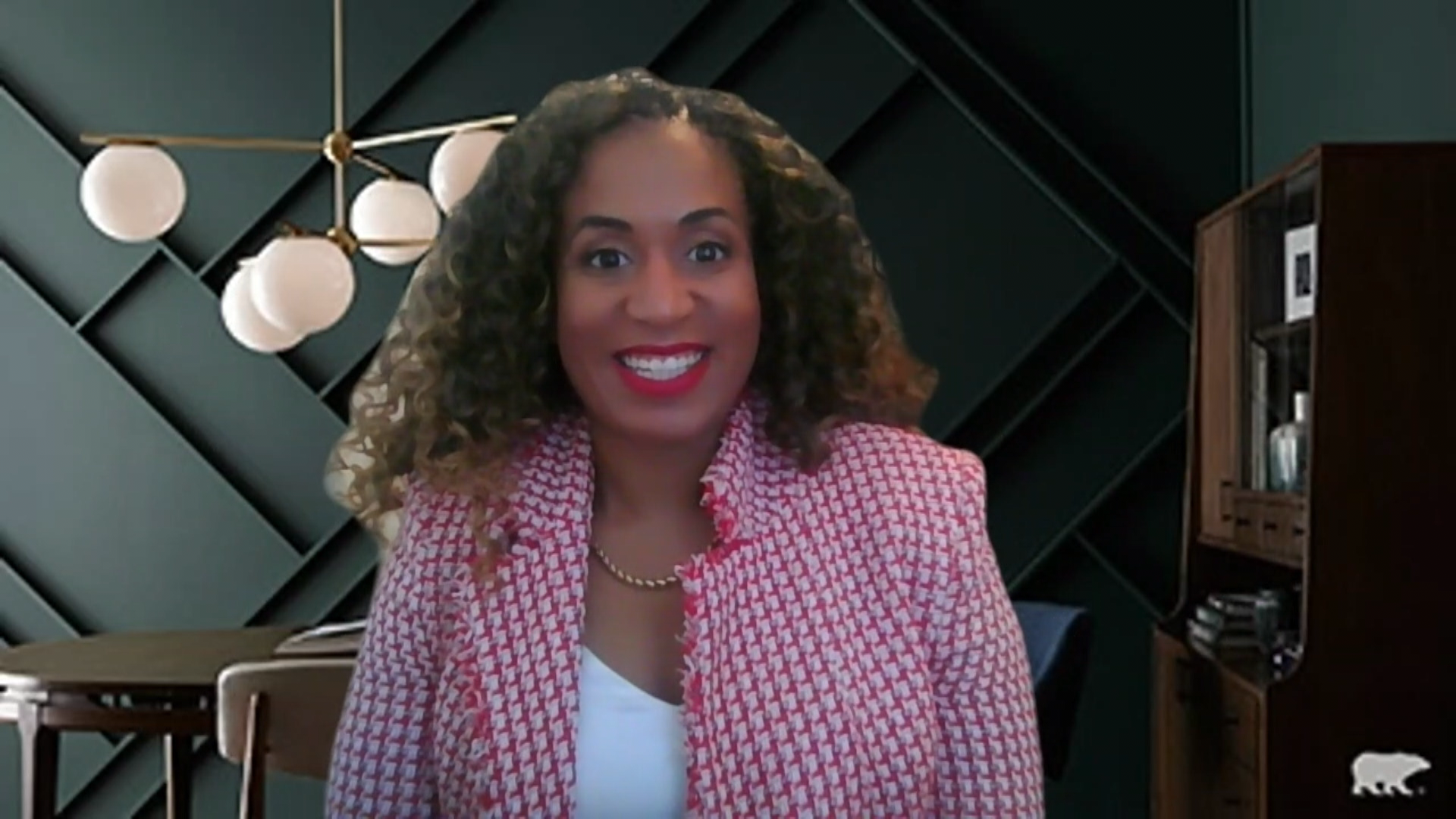 WOMEN IN TECH
WOMEN IN TECH
 WOMEN IN TECH
WOMEN IN TECH
 WOMEN IN TECH
WOMEN IN TECH
Even with targeted programs and initiatives across businesses and governments aimed at hiring and educating women in tech, females still face a myriad of issues in the workplace.
Recognizing one’s own blindspots and unconscious biases is one way to help other women in STEM fields, as well as actively listening to feedback and doing whatever can be done to make the workplace safer for women, according to Tia Wiggins (pictured), head of North America partner sales GTM strategy at Amazon Web Services Inc.
“Feedback is communication, and how you perceive yourself is not how others always perceive you,” she said. “I do believe in having pride and having a certain level of ego for yourself to thrive. However, there are nuggets in there that can help you accelerate on your journey, so I take time and I go on listening circles and I ask, ‘What are my blind spots?’”
Wiggins spoke with theCUBE industry analyst Savannah Peterson for the “Special Program Series: Women of the Cloud,” during an exclusive broadcast on theCUBE, SiliconANGLE Media’s livestreaming studio. They discussed how to be a better ally in the workplace, how to recognize unconscious biases, knowing when to walk away and more. (* Disclosure below.)
Unconscious biases are common in senior-level career advancement, according to Wiggins, a problem tech leaders constantly must combat. While many people are brought up with the “let your work speak for yourself” philosophy, what matters more in today’s culture is who knows you, she added.
“I believe as leaders, including myself, my commitment is ‘how do I advocate for others? How do I create opportunities? How do I address it?’” Wiggins stated. “I’m very blessed to have a leader that also sees what’s possible in me and creates those opportunities and removes those roadblocks and those barriers.”
Being an ally takes place in many forms across workplaces, functions, genders and demographics, Wiggins explained. Not everyone can advocate themselves as loudly as someone else can, particularly in demographics not always seen in leadership positions.
“It’s really easy to compliment a friend or a teammate, and I think it’s easy to say nice things about them in the room when they’re not in there, and that’s one of the easiest ways to be an ally,” Wiggins said. “One of the lines that I’ve always referenced is ‘Be so good they can’t ignore you.’ I think it’s all of our jobs to help other people and the right people and projects get noticed.”
Here’s the complete video interview, part of SiliconANGLE’s and theCUBE’s coverage of the “Special Program Series: Women of the Cloud”:
(* Disclosure: TheCUBE is a paid media partner for the “Special Program Series: Women of the Cloud.” Neither Amazon Web Services Inc., the sponsor for theCUBE’s event coverage, nor other sponsors have editorial control over content on theCUBE or SiliconANGLE.)
Support our mission to keep content open and free by engaging with theCUBE community. Join theCUBE’s Alumni Trust Network, where technology leaders connect, share intelligence and create opportunities.
Founded by tech visionaries John Furrier and Dave Vellante, SiliconANGLE Media has built a dynamic ecosystem of industry-leading digital media brands that reach 15+ million elite tech professionals. Our new proprietary theCUBE AI Video Cloud is breaking ground in audience interaction, leveraging theCUBEai.com neural network to help technology companies make data-driven decisions and stay at the forefront of industry conversations.